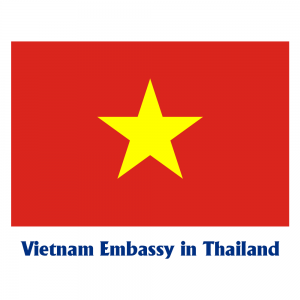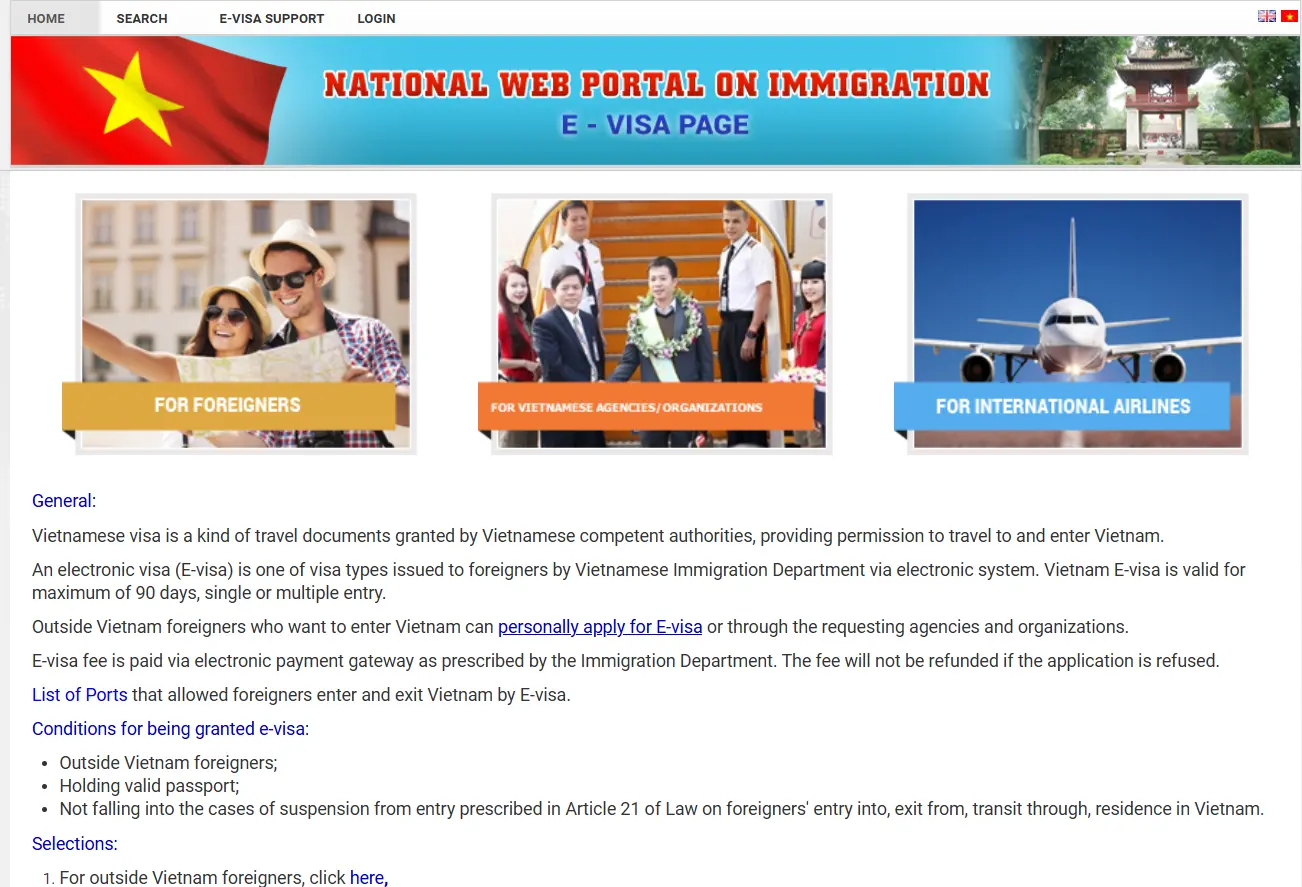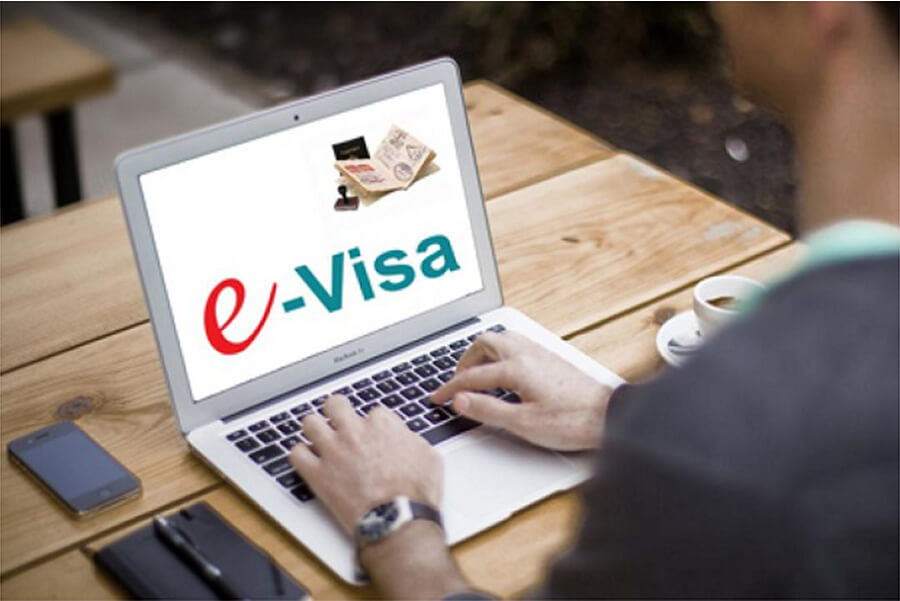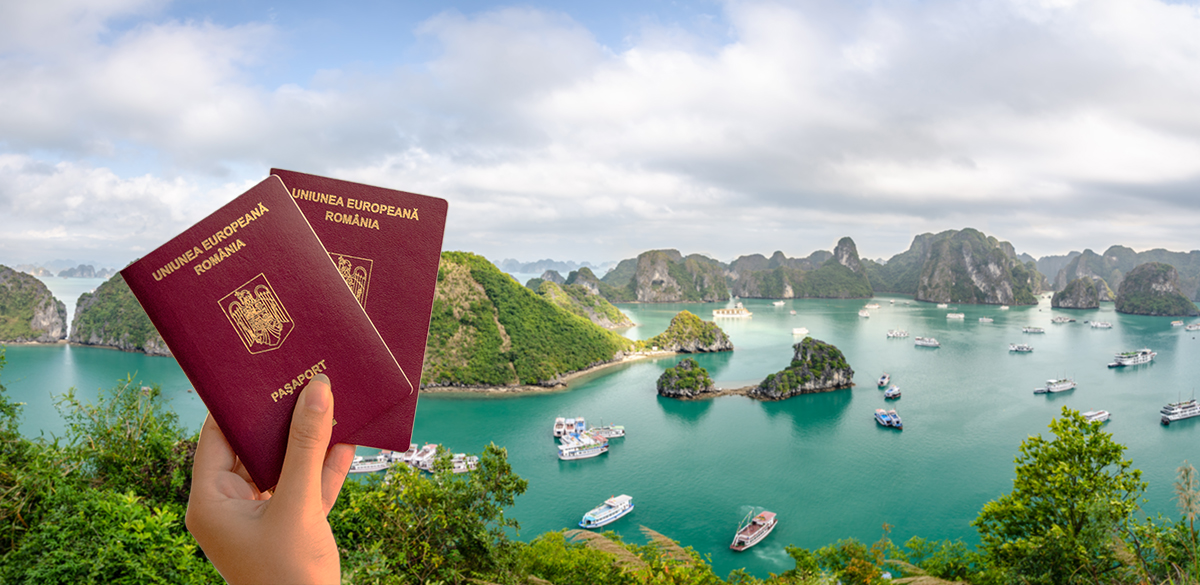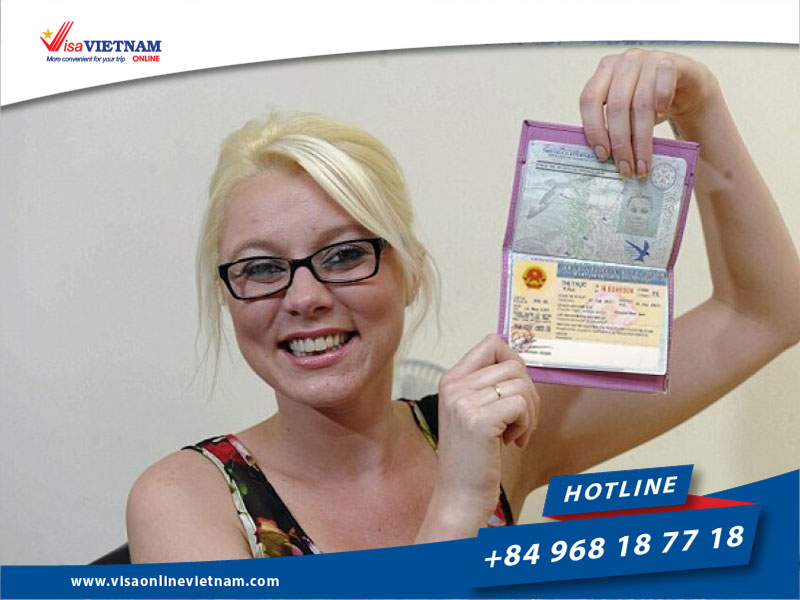
Discover the Easy E Visa for Vietnam from India – Your Gateway to Southeast Asia
For Indian travelers eager to experience the beauty and culture of Vietnam, obtaining an e visa for Vietnam from India simplifies the entry process. This digital visa allows tourists to apply online, making it more accessible than ever before.
E visa for Vietnam from India
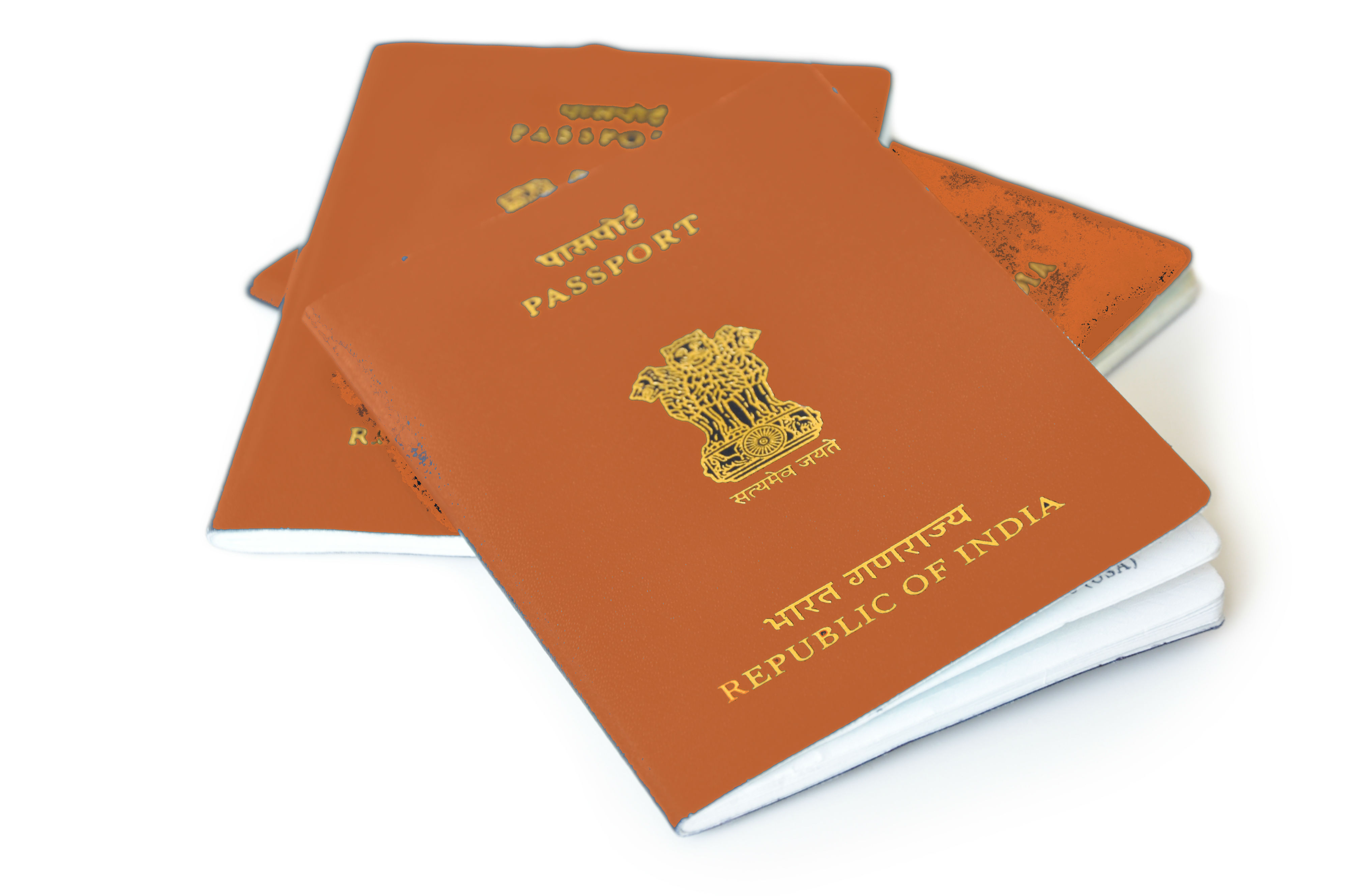
The e visa for Vietnam from India is an electronic travel authorization that has been designed to facilitate a smoother entry process for foreign nationals wishing to explore Vietnam. With this type of visa, Indian citizens can enjoy a hassle-free application process without the need to visit consulates or embassies.
The Vietnamese government introduced the e-visa system to promote tourism and international business, making it feasible for citizens of specific countries, including India, to obtain their visas electronically. This modern approach aligns with global standards and offers numerous advantages, such as reduced processing times and lower costs compared to traditional visa applications.
This article delves into various aspects of obtaining an e visa for Vietnam from India, providing you with essential information about the application procedure, fees, and different visa types available. Let’s explore.
Understanding the E-Visa System
The e-visa system represents a major shift in how countries manage travel authorizations. By allowing applicants to submit documents digitally, both governments and travelers benefit significantly.
- Convenience: No need for in-person visits to embassies or consulates.
- Time-efficient: Quick processing times mean applicants often receive their visas within 3 business days.
- User-friendly: The online application interface is designed to be straightforward, reducing potential confusion during the application process.
Applying for an e-visa means you can plan your trip to Vietnam more flexibly and efficiently, focusing on exploring the rich cultural heritage, stunning landscapes, and exquisite cuisine that Vietnam has to offer.
Eligibility for E-Visa
Before proceeding with your application for an e visa for Vietnam from India, it’s important to confirm your eligibility. Generally, all Indian passport holders can apply for this visa, provided they meet specific requirements:
- Valid Passport: Must have at least six months of validity remaining.
- Digital Photo: A recent passport-sized photograph in JPEG format is required.
- Travel Information: Details about your intended dates of travel and accommodation. Understanding these requirements will streamline your application process, ensuring you’re well-prepared.
Validity of E-Visa
Once issued, the e visa for Vietnam from India typically allows a stay of up to 30 days, with single-entry access. If you wish to stay longer or require multiple entries, other visa options may be necessary.
To maximize your time in Vietnam, be sure to plan your itinerary accordingly, keeping in mind the stay duration allowed by the e-visa.
Apply Visa for Vietnam from India
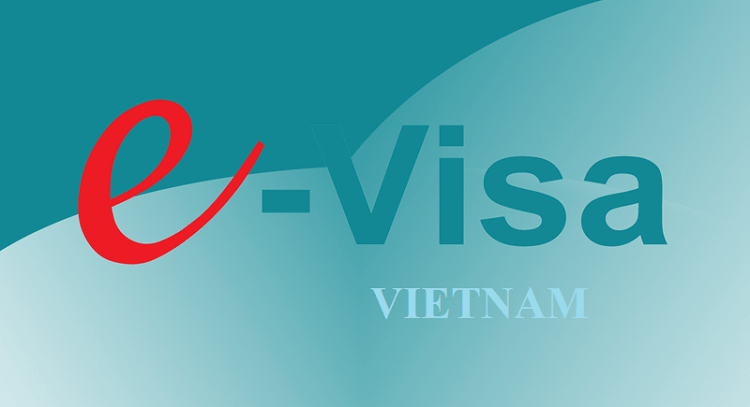
Applying for a visa is oftentimes viewed as a complex task, but with the e visa option, the process has become much more user-friendly.
Steps to Apply for E-Visa
When considering the application for an e visa for Vietnam from India, follow these steps carefully to ensure a successful submission:
- Visit the Official Website: Go to the official Vietnam e-visa portal.
- Fill Out the Application Form: Provide accurate personal and travel details.
- Upload Required Documents: Include your passport scan and digital photo.
- Make Payment: Pay the applicable visa fee using a valid payment method.
After completing these steps, you can expect to receive your e-visa via email within a few days.
Tips for a Successful Application
While the e-visa application process is straightforward, some tips can help you avoid common pitfalls:
- Double-check Information: Ensure all information entered matches your passport.
- Use High-Quality Images: Low-resolution images may lead to delays or rejection.
- Keep Track of Time: Apply at least a week prior to your intended travel date to accommodate any processing delays.
These simple yet effective tips can save you time and stress in your travel preparations.
Common Mistakes to Avoid
Many applicants face challenges during the e-visa process that could easily be avoided. Here are some mistakes to consider:
- Incorrect Document Format: Ensure your uploaded documents meet the specified formats and sizes.
- Neglecting Validity Periods: Always check your passport’s validity and ensure it meets the country’s requirements.
- Missing Information: Incomplete applications can lead to automatic rejections. Be thorough.
By recognizing and avoiding these common errors, you can increase your chances of a smooth visa application experience.
Visa Process for Vietnam from India
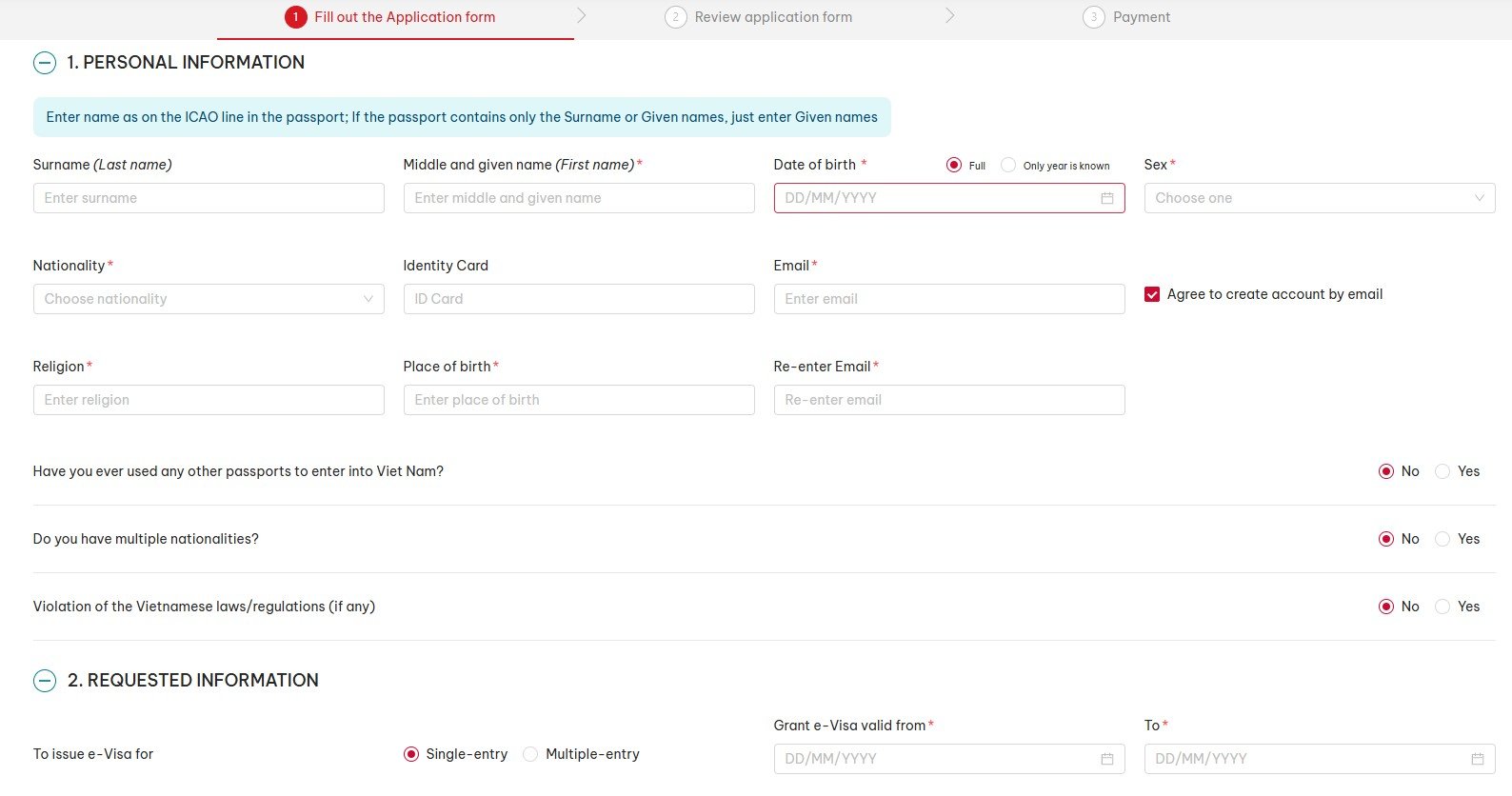
Understanding the visa process can greatly enhance your travel experience. Let’s delve deeper into the steps involved in obtaining your visa.
Applying Online
The initial stage involves navigating to the official e-visa website and completing the application form.
- Personal Details: Input your name, nationality, passport number, and contact information.
- Travel Plans: Include your arrival date and location in Vietnam.
- Supporting Documents: Upload the required documentation to support your application.
It’s crucial to double-check everything before submitting.
Processing Time
Typically, the processing time for an e visa for Vietnam from India ranges from 3 to 5 business days. However, delays can happen due to high application volumes or technical issues.
- Track Your Application: Use the tracking feature on the e-visa portal to stay updated on your application status. Planning ahead can spare you from last-minute disruptions.
Receiving Your E-Visa
Upon approval, you’ll receive your e-visa via email.
- Print It Out: Make physical copies of your e-visa to present upon arrival in Vietnam.
- Check for Accuracy: Verify all details on your visa, including your name, passport number, and validity dates.
Errors can complicate your entry, so proper verification is key.
Visa Application for Vietnam from India

Moving on to the specifics of the visa application process, let’s examine the critical components involved.
Required Documents
When applying for an e visa for Vietnam from India, certain documents are mandatory. These include:
- Passport Scan: A clear copy of your passport’s bio page.
- Photograph: A recent photograph meeting the specified dimensions.
- Payment Confirmation: Proof of payment for the visa application fee.
Having these documents ready will streamline your application process.
Application Fee
The cost associated with the visa application for Vietnam from India varies based on the visa type and processing speed selected.
- Standard E-Visa Fee: Generally around $25 USD.
- Processing Speed Options: Expedited services may incur additional charges.
Ensure to review the fee structure on the official site before proceeding with your application.
Submission Confirmation
Once you have submitted your application, you will receive a confirmation email.
- Tracking Code: This code is vital for checking the status of your application.
- Response Times: Keep an eye out for notifications regarding any required changes or approvals.
Being proactive in monitoring your application can prevent unnecessary delays.
Visa on Arrival for Vietnam from India
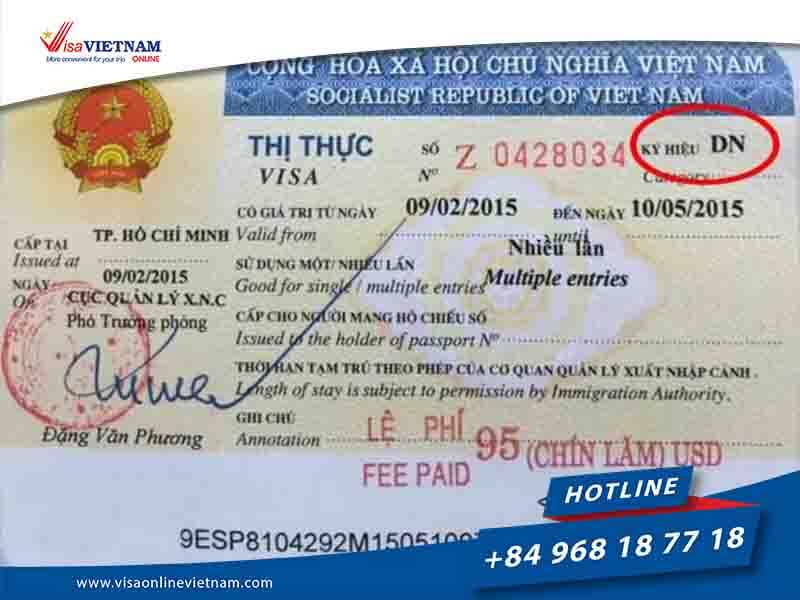
In addition to the e-visa, Vietnam offers another alternative known as visa on arrival.
What is Visa on Arrival?
Visa on arrival is available for those traveling to Vietnam by air. Upon landing, travelers can obtain their visa directly at the airport.
- Eligibility: It’s crucial to apply online for an approval letter beforehand.
- Arrival Requirements: Present the approval letter along with your passport to receive your visa.
This option provides flexibility for travelers who may not prefer the e-visa route.
Steps to Obtain Visa on Arrival
For those interested in the visa on arrival for Vietnam from India, here are the steps to follow:
- Apply Online: Request an approval letter through reliable visa service providers.
- Arrive at the Airport: Present your approval letter, passport, and passport-size photos.
- Pay the Visa Fee: Fees must typically be paid in cash (USD) upon arrival.
Navigating this option requires careful planning, ensuring you understand the process clearly.
Pros and Cons of Visa on Arrival
As with any visa process, there are advantages and disadvantages to consider regarding visa on arrival.
- Pros:
- Quick and easy process at the airport.
- Flexible travel plans without pre-booking an e-visa.
- Cons:
- Potential for long waiting times at immigration.
- Less certainty regarding visa approval upon arrival.
Evaluate both options carefully to determine which best suits your travel style.
Visa Charges for Vietnam from India
Understanding the financial aspect of obtaining a visa is pivotal for budget planning.
Breakdown of Visa Charges
When considering the visa charges for Vietnam from India, it’s essential to know what fees apply.
- E-Visa Fee: Approximately $25 USD.
- Visa on Arrival Processing Fee: Varies depending on the service provider.
- Additional Costs: May include transaction fees when paying online.
Budgeting for these expenses ensures you won’t be caught off guard.
Payment Methods
The payment process for visa applications can vary based on the method chosen.
- Credit/Debit Cards: Typically accepted for e-visa applications.
- Cash Payments: Required for visa on arrival at the airport.
Being informed about acceptable payment methods helps streamline your application process.
Refund Policies
It’s also wise to be aware of refund policies related to visa applications.
- Non-refundable Fees: Generally, visa application fees are non-refundable regardless of the outcome.
- Approval Issues: Understand that visa rejections typically do not warrant refunds.
Awareness of these policies helps set realistic expectations.
Work Visa for Vietnam from India
If you’re considering working in Vietnam, understanding the work visa for Vietnam from India is crucial.
Types of Work Visas
Vietnam offers several categories of work visas, each catering to different employment purposes:
- Temporary Work Visa: For short-term assignments.
- Long-term Work Visa: For extended employment contracts.
- Investors and Business Visas: For entrepreneurs looking to establish businesses in Vietnam.
Choosing the right type hinges on your specific job scenario.
Application Process
The application for a work visa differs from tourist visas.
- Employer Sponsorship: Typically, a local employer must sponsor your visa.
- Documentation: Requires proof of employment, qualifications, and sometimes medical examinations.
Engaging with your prospective employer early in the process is beneficial.
Visa Duration and Renewal
Work visas usually allow for longer stays but must be renewed periodically.
- Duration: Often valid for one year, subject to employer agreements.
- Renewal Process: Initiated through your employer, requiring updated documentation.
Keeping track of renewal timelines is essential to maintain legal status while working.
Vietnam Visit Visa from India
The Vietnam visit visa from India is a popular choice for tourists aiming to explore the nation’s attractions.
Tourist Visa Overview
A visit visa generally allows travelers to stay for longer durations than e-visas.
- Stay Length: Usually allows for 30 days or more, depending on the visa type.
- Multiple Entry Options: Certain tourist visas permit multiple entries, increasing travel flexibility.
This option is ideal for those wanting to experience multiple regions of Vietnam.
Application Process
Obtaining a visit visa requires a slightly different approach than e-visas:
- Complete Application Form: Available at the Vietnamese embassy or consulate.
- Gather Documentation: Passport-sized photographs, passport copies, and travel itineraries.
- Submit Application: In person or via mail at the relevant Vietnamese diplomatic mission.
Understanding these steps can make the process smoother.
Visa Validity and Extensions
Travelers should be aware of the regulations regarding visa validity.
- Validity Period: Usually issued for one month initially.
- Extensions: Possible through local immigration offices if needed.
Staying informed about extension processes can help avoid overstays.
Vietnam from India Visa
For many Indian travelers, the Vietnam from India visa serves as a gateway to vibrant experiences.
Importance of Proper Documentation
Acquiring the correct visa is paramount. Errors can result in denied entry.
- Check Requirements: Each visa type comes with specific requirements; be diligent.
- Updates on Regulations: Stay informed about any regulatory changes that might impact your application.
Due diligence will enhance your travel experience and minimize complications.
Travel Tips for Indians Visiting Vietnam
To ensure a smooth trip, consider these travel tips aimed specifically at Indian visitors:
- Understand Local Customs: Familiarize yourself with Vietnamese customs and etiquette.
- Currency: Keep local currency handy; some vendors may not accept cards.
Preparation fosters a richer understanding of the local culture.
Addressing Common Concerns
While navigating the visa process, concerns about safety, finances, and language barriers may arise.
- Local Scams: Be wary of common scams targeting tourists.
- Language Barriers: Learning a few basic Vietnamese phrases can enhance interactions.
Awareness leads to a safer, more enjoyable experience.
Vietnam Visa Fees from India
Understanding the Vietnam visa fees from India is fundamental for budgeting your trip.
Cost Breakdown
Here’s a summary of typical fees involved in acquiring your visa:
- E-Visa Costs: Roughly $25 USD.
- Visa on Arrival Fees: Can vary, usually starting around $10 to $20 USD for processing.
- Tourist Visa Fees: Fees vary based on the length of stay and type.
Assessing these costs helps in planning your travel budget effectively.
Additional Expenses
Beyond the visa fees, consider these potential costs:
- Service Fees: If utilizing a third-party service to assist with your application.
- Emergency Fees: Additional costs incurred in case of expedited services or visa extensions.
Budgeting for these contingencies will alleviate financial stresses.
Payment Options
When it comes to payment for visa applications, there are several methods available:
- Online Payments: Common for e-visa applications via credit/debit cards.
- Cash Payments: Mainly for visa on arrival processes at the airport.
Understanding payment methods reduces the chance of inconvenience.
Visa for Vietnam and Cambodia from India
Travelers exploring Southeast Asia may wish to visit both Vietnam and Cambodia, necessitating a dual visa strategy.
Dual Visa Applications
Navigating visas for both countries can seem daunting, but it’s manageable with the right information.
- Separate Visas Needed: Each country mandates its application; there’s no combined visa.
- Research Required: Familiarize yourself with individual requirements for both nations.
Comprehensive preparation is key to seamless travel.
Exploring Dual Country Benefits
Visiting both Vietnam and Cambodia presents unique opportunities:
- Cultural Richness: Experience diverse cultures and histories in close proximity.
- Geographic Convenience: Both countries are neighboring, allowing for easy overland travel.
Planning an itinerary that encompasses both destinations can enrich your travels.
Cross-Border Travel Considerations
Traveling between Vietnam and Cambodia comes with its own considerations.
- Border Crossing Procedures: Ensure you have the necessary documents to cross borders.
- Transportation Options: Research available transportation methods for ease of movement.
Understanding these factors enhances overall travel efficiency.
Visa from India to Vietnam
The visa from India to Vietnam opens doors to incredible adventures awaiting you in Southeast Asia.
Choosing the Right Visa Type
Selection of the appropriate visa type depends on travel purpose – whether business, tourism, or work-related.
- E-Visa for Tourism: Ideal for short-term visits.
- Work Visas for Employment: Necessary for those seeking longer stays.
Evaluating your purpose will simplify the decision-making process.
Consulate Services
For travelers preferring traditional methods, visiting the Vietnamese consulate is an option.
- Application Assistance: Receive personalized guidance during the application process.
- Quick Resolution of Queries: Direct access to officials can alleviate concerns.
Engaging with consular services can enhance clarity and confidence.
Factors Affecting Visa Approval
Several factors play a role in the likelihood of approval for your visa application.
- Completeness of Application: Fully completed applications are less likely to be rejected.
- Background Checks: Criminal history or prior visa violations may influence decisions.
Being mindful of these factors can foster a smoother visa application journey.
Visa is Required for Vietnam from India
Indeed, a visa is required for Vietnam from India, even for short stays.
Importance of Compliance
Adhering to visa regulations is crucial for responsible travel.
- Legal Entry: Ensure you possess the proper visa before attempting to enter Vietnam.
- Consequences of Overstays: Penalties for overstaying can range from fines to deportation.
Awareness of regulations helps safeguard your travel experiences.
Preparing for Border Control
When arriving in Vietnam, be prepared for border control checks.
- Documentation Ready: Have your e-visa or visa on arrival approval letter and passport readily available.
- Answer Questions Calmly: Be prepared to answer questions regarding your travel purpose.
Preparedness can help expedite the entry process.
Final Thoughts on Visa Necessities
Recognizing that a visa is required for Vietnam from India is the first step toward a successful trip.
- Research Thoroughly: Familiarize yourself with all visa requirements before applying.
- Plan Accordingly: Allocate time for visa processing to avoid last-minute hassles.
A well-informed traveler is better equipped to navigate the intricacies of international travel.
Visa on Arrival Vietnam India
The visa on arrival Vietnam India option offers a flexible alternative to traditional e-visas for travelers flying into Vietnam.
How It Works
With a visa on arrival, you can obtain your visa at the airport once you’ve landed.
- Pre-approval Required: You’ll need to obtain an approval letter before your flight.
- Carry Necessary Documents: Bring your photographs and cash to pay the visa fee.
This method is advantageous for spontaneous travelers.
Pros of Visa on Arrival
Several benefits accompany choosing the visa on arrival option.
- Flexibility: Allows for spontaneous trips without prior planning.
- Quick Processing: Immediate issuance upon arrival at the airport.
Weighing the pros and cons can help decide which visa type suits your needs best.
Cons of Visa on Arrival
Despite its advantages, there are some drawbacks to this visa option.
- Possibility of Delays: Lines at immigration can lead to longer waits.
- Limited Entry Points: This option is only available for international airports.
Considering these factors can guide your decision-making process.
Visa Required for Vietnam from India
Lastly, it is essential to underscore the fact that a visa is required for Vietnam from India for travelers looking to explore the country’s captivating wonders.
Key Takeaways on Visa Policies
Familiarizing yourself with visa regulations is vital for an enjoyable travel experience.
- Mandatory Documentation: Ensure you always have the correct visa type upon arrival.
- Variability of Requirements: Different visa types come with varying requirements and fees.
Clarity on these points fosters a smoother travel experience.
Navigating Visa Challenges
While expressing excitement about traveling can overshadow practical concerns, awareness of potential challenges can mitigate issues.
- Be Proactive: Start your application process early to account for unforeseen delays.
- Consult Experts: Don’t hesitate to seek assistance from travel agents or consulates.
Addressing these challenges head-on prepares you for a rewarding journey in Vietnam.
Conclusion
In conclusion, understanding the e visa for Vietnam from India provides Indian travelers with a user-friendly pathway to explore the enchanting landscapes, rich history, and vibrant culture of Vietnam. Whether opting for an e-visa, visa on arrival, or a visit visa, knowing the requirements, costs, and procedures is essential for a seamless travel experience. Armed with this knowledge, you can embark on your Vietnamese adventure with confidence, ensuring a memorable and enriching exploration of this beautiful Southeast Asian country.
FAQs
What documents are required for an e visa for Vietnam from India?
You will need a valid passport, a recent passport-sized photograph, and details about your travel itinerary.
How long does it take to get an e visa for Vietnam from India?
The processing time typically takes about 3-5 working days.
Can I extend my e visa for Vietnam?
Unfortunately, e-visas are not extendable. You would need to leave and reapply if necessary.
Is there a difference between visa on arrival and e visa?
Yes, an e-visa is obtained online before traveling, while visa on arrival must be pre-approved and can be acquired at the airport upon arrival.
What should I do if my e visa application is rejected?
If your e visa application is rejected, review the reasons for rejection, make corrections, and reapply as necessary.

